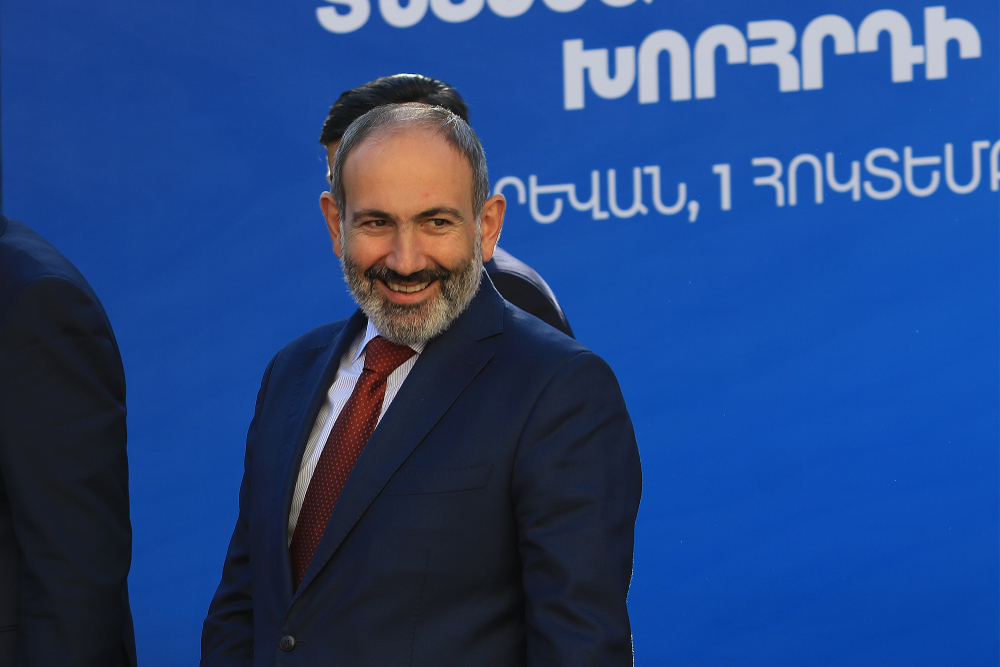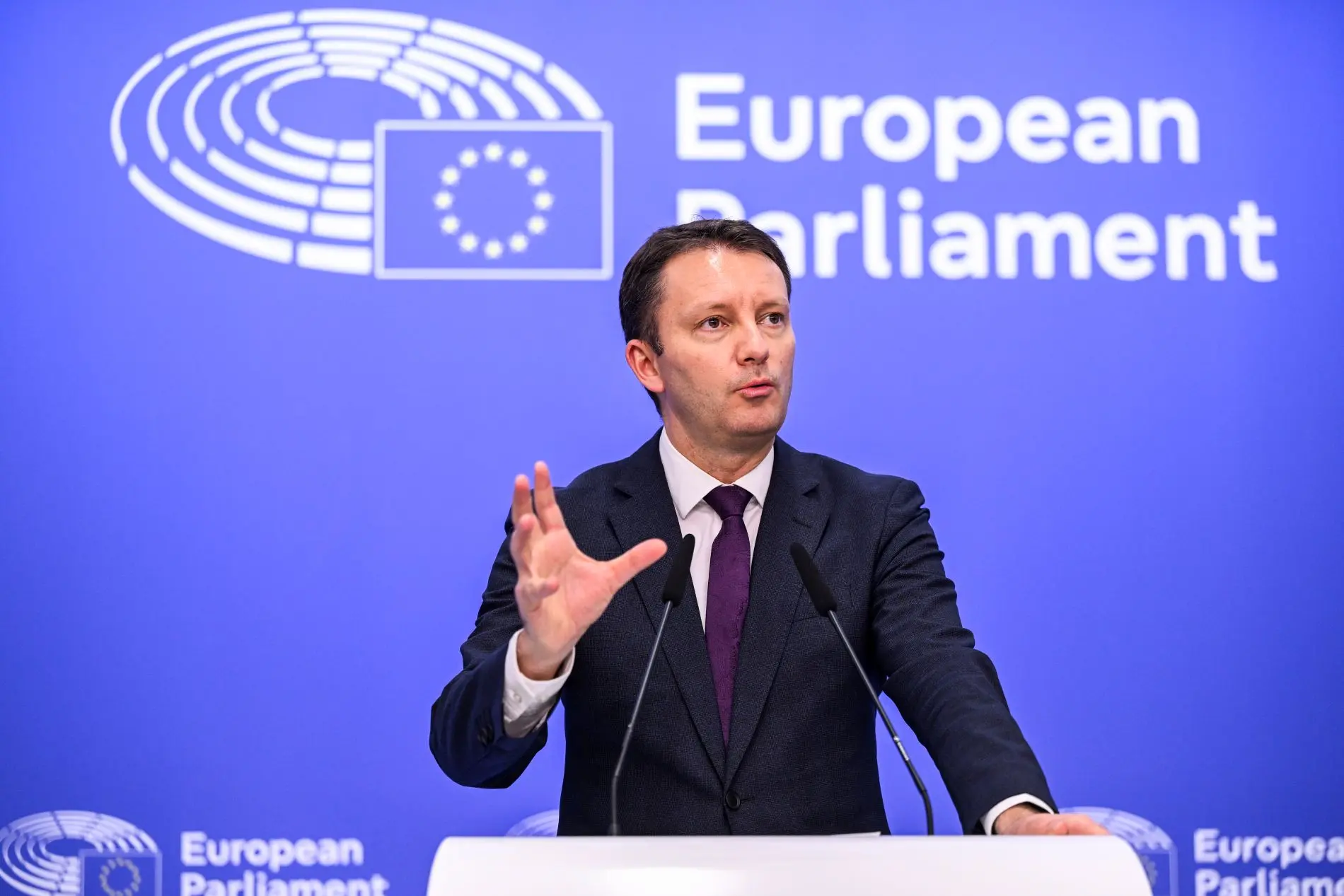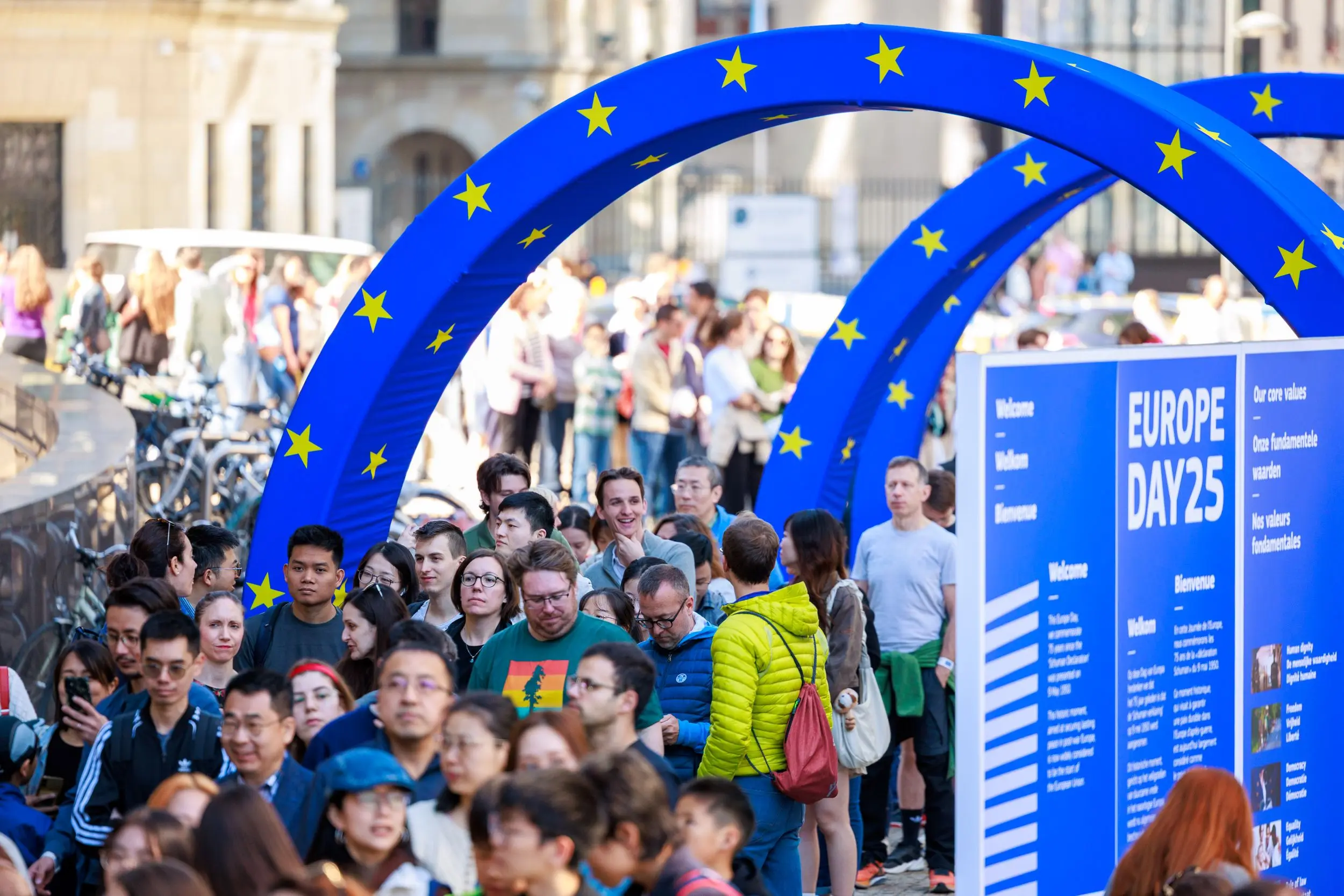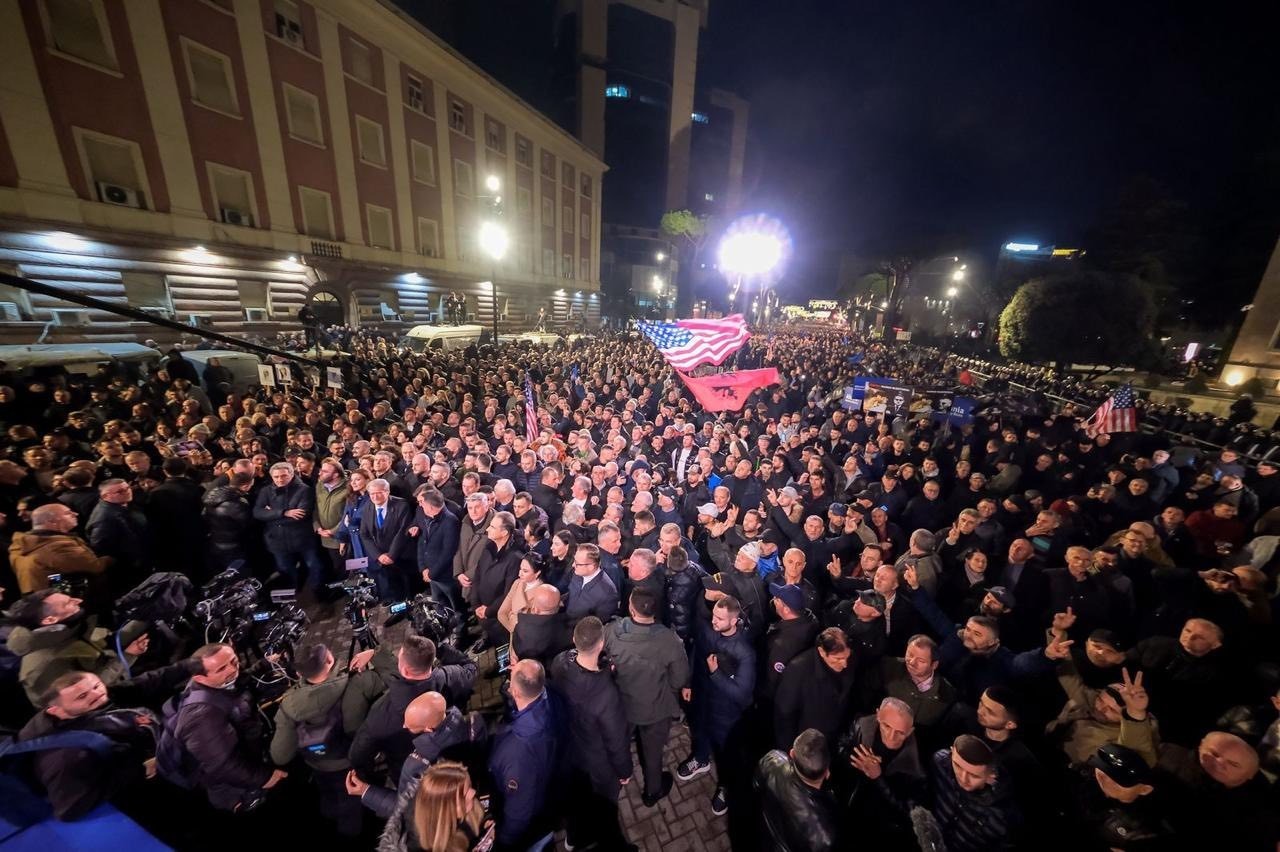Yerevan Prepares for Municipal Elections Amidst Karabakh Policy Debate
The municipal elections will be held in Yerevan on 17 September, an important challenge because a third of Armenia’s population lives in the capital, and then because it will be a test for the Pashinyan government, at a time when the Armenian political debate is dominated by the Karabakh issue

Yerevan-Prepares-for-Municipal-Elections-Amidst-Karabakh-Policy-Debate
Armenian Prime minister Nikol Pashinyan © Gevorg Ghazaryan/Shutterstock
To little fanfare, campaigning last week kicked off for municipal elections to be held in Yerevan next month. Despite the inauspicious start, however, the vote could prove eventful with local matters such as public transportation and garbage collection playing second fiddle to much larger issues facing the country – Karabakh and the future of the Armenian prime minister, Nikol Pashinyan, in particular.
With parliamentary elections not scheduled in the country until 2026, some opposed to the premiere view the election of a new city council as a way to build upon growing dissatisfaction with Pashinyan’s leadership. This includes preventing the signing of an Armenia-Azerbaijan peace agreement at a time when negotiations are at a critical make or break point.
With Yerevan home to at least 35 percent of Armenia’s population, the question of who controls Yerevan has always weighed heavily on the minds of all governments in Armenia. Until 2009, the city had been governed by a hand-picked mayor without any election at all. Constitutional changes passed in 2005, as part of obligations to the Council of Europe in 2005, however, changed all that.
But even those changes were controversial. Rather than directly elect a mayor, residents of Yerevan will instead vote for a 65-seat city council which would then select a mayor in a move intended to prevent those elections turning into a battle for political and economic power. That was, at least, until the devastating 2020 war with Azerbaijan over the former Nagorno Karabakh Autonomous Oblast (NKAO).
In December 2021, the city council dismissed Hayk Marutyan, Pashinyan’s mayor elected in a post-revolution euphoria, when the two fell out in the aftermath of Armenia’s defeat by Azerbaijan. Moreover, concerned that Marutyan might make a political comeback, a criminal investigation into allegations of corruption was launched against him last year .
Critics of the prime minister allege that such attempts to control local governance in the country have become common under his rule.
Adding intrigue to next month’s municipal vote, therefore, Marutyan’s announcement that he would run again for mayor next month, but in opposition to Pashinyan, has set the scene for what could be a crucial political showdown. Another former Pashinyan ally, Mane Tandilyan, is also among the 13 parties and 1 electoral bloc that will run against the Pashinyan’s nominee, deputy mayor Tigran Avinyan.
Marutyan has already accused Pashinyan of betraying the 2018 revolution that brought him to power while Tandilyan’s Aprelu Yerkir, sponsored by former de facto Karabakh State Minister Ruben Vardanyan, has loftier goals. The controversial Russian-Armenian has already called for the municipal vote to be used to remove the ‘traitors’ from office and to prevent a peace agreement with Azerbaijan.
The parliamentary opposition linked to former presidents Robert Kocharyan and Serzh Sargsyan, however, is instead boycotting the vote, though one non-party aligned MP from Kocharyan’s Hayastan faction in the National Assembly, Andranik Tevanyan, will stand. He has already stated that his aim is also to remove Pashinyan from power and overturn his controversial policy on Karabakh.
Tevanyan has resigned as an MP to do just that and Kocharyan has already signalled his support for the move. Meanwhile, one other political party in Armenia linked to the previous regimes, Prosperous Armenia, also decided not to contest the vote. It will be impossible to campaign on local issues in an environment where Karabakh has dominated nearly all political discussion in the country, it stated.
But whether this showdown will resonate with voters, however, remains unknown.
In a recent poll , for example, only 9.3 per cent of respondents said they would vote for Avinyan while just 3.7 per cent said they would vote for Marutyan. Other candidates and parties lack even that minimal support while 19 per cent of respondents said they would not vote at all. Some 55 per cent also said they did not believe the vote would be free and fair anyway.
Indeed, there are already accusations that Avinyan has abused administrative resources and claims that Civil Contract will cruise to victory with over 50 per cent of the vote have raised eyebrows as Pashinyan’s ratings plummet. Nonetheless, 33.4 per cent remain undecided, making the campaign period starting 23 August a crucial time for all candidates to mobilise and influence the electorate.
However the election goes, there is also no doubt that many will consider the 17 September vote mainly in the context of Karabakh, especially if the opposition makes it part of their campaign.
On the one hand, if Pashinyan’s candidate wins then this could be taken as tacit approval of resolving the three decades long conflict with Azerbaijan. The same would be true if turnout is low. But if Avinyan were to lose, or at least seen to have won only in a highly flawed vote, then it could instead be taken as widespread disapproval of Pashinyan’s policy.
Though many took Pashinyan’s re-election in 2021 as a sign of continued support, his campaign promise, now broken, was to seek independence for Karabakh in the form of remedial secession rather than his position today – that of recognising the breakaway mainly ethnic Armenian-inhabited region as part of Azerbaijan albeit with the rights and security of the population protected.
Whether voters care enough remains unclear.
For now at least, there are no significant protests in the capital even despite the standoff on the Lachin Corridor linking Armenia with Karabakh, but if that were to change, it could jeopardise Pashinyan’s political future ahead of parliamentary elections in 2026. In that context, next month might therefore also prove a first real test of Armenia’s democratic credentials.
Yerevan Prepares for Municipal Elections Amidst Karabakh Policy Debate
The municipal elections will be held in Yerevan on 17 September, an important challenge because a third of Armenia’s population lives in the capital, and then because it will be a test for the Pashinyan government, at a time when the Armenian political debate is dominated by the Karabakh issue

Yerevan-Prepares-for-Municipal-Elections-Amidst-Karabakh-Policy-Debate
Armenian Prime minister Nikol Pashinyan © Gevorg Ghazaryan/Shutterstock
To little fanfare, campaigning last week kicked off for municipal elections to be held in Yerevan next month. Despite the inauspicious start, however, the vote could prove eventful with local matters such as public transportation and garbage collection playing second fiddle to much larger issues facing the country – Karabakh and the future of the Armenian prime minister, Nikol Pashinyan, in particular.
With parliamentary elections not scheduled in the country until 2026, some opposed to the premiere view the election of a new city council as a way to build upon growing dissatisfaction with Pashinyan’s leadership. This includes preventing the signing of an Armenia-Azerbaijan peace agreement at a time when negotiations are at a critical make or break point.
With Yerevan home to at least 35 percent of Armenia’s population, the question of who controls Yerevan has always weighed heavily on the minds of all governments in Armenia. Until 2009, the city had been governed by a hand-picked mayor without any election at all. Constitutional changes passed in 2005, as part of obligations to the Council of Europe in 2005, however, changed all that.
But even those changes were controversial. Rather than directly elect a mayor, residents of Yerevan will instead vote for a 65-seat city council which would then select a mayor in a move intended to prevent those elections turning into a battle for political and economic power. That was, at least, until the devastating 2020 war with Azerbaijan over the former Nagorno Karabakh Autonomous Oblast (NKAO).
In December 2021, the city council dismissed Hayk Marutyan, Pashinyan’s mayor elected in a post-revolution euphoria, when the two fell out in the aftermath of Armenia’s defeat by Azerbaijan. Moreover, concerned that Marutyan might make a political comeback, a criminal investigation into allegations of corruption was launched against him last year .
Critics of the prime minister allege that such attempts to control local governance in the country have become common under his rule.
Adding intrigue to next month’s municipal vote, therefore, Marutyan’s announcement that he would run again for mayor next month, but in opposition to Pashinyan, has set the scene for what could be a crucial political showdown. Another former Pashinyan ally, Mane Tandilyan, is also among the 13 parties and 1 electoral bloc that will run against the Pashinyan’s nominee, deputy mayor Tigran Avinyan.
Marutyan has already accused Pashinyan of betraying the 2018 revolution that brought him to power while Tandilyan’s Aprelu Yerkir, sponsored by former de facto Karabakh State Minister Ruben Vardanyan, has loftier goals. The controversial Russian-Armenian has already called for the municipal vote to be used to remove the ‘traitors’ from office and to prevent a peace agreement with Azerbaijan.
The parliamentary opposition linked to former presidents Robert Kocharyan and Serzh Sargsyan, however, is instead boycotting the vote, though one non-party aligned MP from Kocharyan’s Hayastan faction in the National Assembly, Andranik Tevanyan, will stand. He has already stated that his aim is also to remove Pashinyan from power and overturn his controversial policy on Karabakh.
Tevanyan has resigned as an MP to do just that and Kocharyan has already signalled his support for the move. Meanwhile, one other political party in Armenia linked to the previous regimes, Prosperous Armenia, also decided not to contest the vote. It will be impossible to campaign on local issues in an environment where Karabakh has dominated nearly all political discussion in the country, it stated.
But whether this showdown will resonate with voters, however, remains unknown.
In a recent poll , for example, only 9.3 per cent of respondents said they would vote for Avinyan while just 3.7 per cent said they would vote for Marutyan. Other candidates and parties lack even that minimal support while 19 per cent of respondents said they would not vote at all. Some 55 per cent also said they did not believe the vote would be free and fair anyway.
Indeed, there are already accusations that Avinyan has abused administrative resources and claims that Civil Contract will cruise to victory with over 50 per cent of the vote have raised eyebrows as Pashinyan’s ratings plummet. Nonetheless, 33.4 per cent remain undecided, making the campaign period starting 23 August a crucial time for all candidates to mobilise and influence the electorate.
However the election goes, there is also no doubt that many will consider the 17 September vote mainly in the context of Karabakh, especially if the opposition makes it part of their campaign.
On the one hand, if Pashinyan’s candidate wins then this could be taken as tacit approval of resolving the three decades long conflict with Azerbaijan. The same would be true if turnout is low. But if Avinyan were to lose, or at least seen to have won only in a highly flawed vote, then it could instead be taken as widespread disapproval of Pashinyan’s policy.
Though many took Pashinyan’s re-election in 2021 as a sign of continued support, his campaign promise, now broken, was to seek independence for Karabakh in the form of remedial secession rather than his position today – that of recognising the breakaway mainly ethnic Armenian-inhabited region as part of Azerbaijan albeit with the rights and security of the population protected.
Whether voters care enough remains unclear.
For now at least, there are no significant protests in the capital even despite the standoff on the Lachin Corridor linking Armenia with Karabakh, but if that were to change, it could jeopardise Pashinyan’s political future ahead of parliamentary elections in 2026. In that context, next month might therefore also prove a first real test of Armenia’s democratic credentials.











